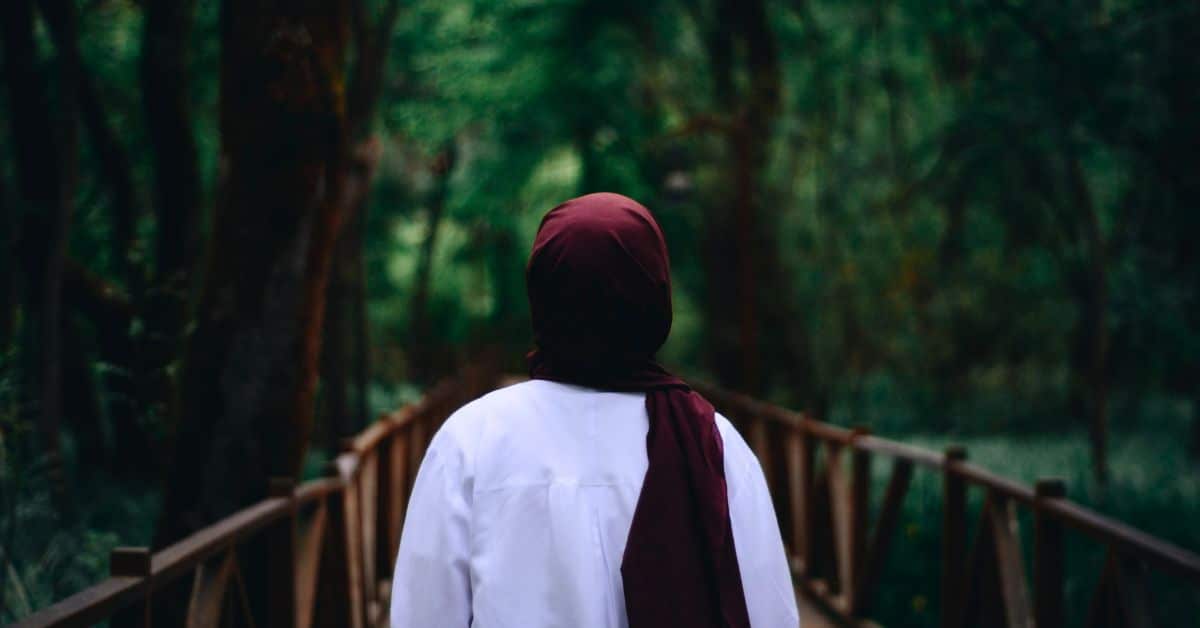ASC picks: Inspiring reads for 2026 from refugee voices
10 inspiring reads for 2026 from refugee voices A new year brings a chance to read with more intention…. Read More

I know what it means to feel like a stranger. Andrew Hastie is wrong to believe he is one
“We’re starting to feel like strangers in our own home”.
These were the words of Shadow Home Affairs Minister Andrew Hastie last week, as he hit out once again at those who have come to Australia from other countries.
This is not only dangerous fearmongering, it is harmful ignorance.
I doubt Mr Hastie knows what it is like to be a stranger in his home. Being a stranger is building a life, a family, and a home, only to be forced to flee by the threat of persecution. It is packing up a lifetime of memories into a few suitcases, cutting ties with communities that have defined you, and heading for a country you have never stepped foot in before.
Being a stranger is arriving in that new country, determined to rebuild and contribute, and be treated with disdain. To be shown, explicitly and implicitly, that you are not welcome. To be told that your mere presence makes others feel like strangers themselves.
Many who arrive in Australia do not do so by choice. We have been forced to escape, leaving everything behind in search of the most basic human need – safety.
My family came to Australia for this precise reason. We believed our new home would welcome us, that the freedom and friendliness that defines the nation would provide a refuge from our fear.
Among so many we have met, this has been the case. Across the majority of this country, you will find Australia to be a place of welcome, a place of community, and a place enriched by the experiences and cultures of those who have arrived on its shores, eager to contribute.
But this is not matched by the rhetoric of Mr Hastie and many others in positions of power.
I arrived in Australia eight years ago. I have gone from a person seeking asylum to a proud citizen. But during that time, I have witnessed an ever-increasing toxicity in how people like me are talked about.
We are othered and demonised, held up as the cause for so many of the challenges faced by society today. This does more than cause personal pain.
It invites actions that put our safety at risk. The marches around the country just weeks ago, with more planned next month, demonstrate the rising temperatures and tensions that threaten so many communities.
It influences policy that removes human rights from many, an invaluable safety net from others, and damages Australia’s standing on the world stage.
It betrays the intentions and actions of communities around Australia who are welcoming, accommodating, and empathetic to those arriving here in difficult circumstances. I am forever grateful for the support of so many people who have given so much to help me create a new home here.
A few months ago, I became an Australian citizen. While it was tinged with sadness for what I had lost, It was one of the proudest moments of my life. Shortly after, I cast my vote in the federal election. Australia is my country now, too.
There are so many like me. People who come here not to take, but to contribute to this incredible country. People who do not want to feel like strangers, nor make anyone else feel like one. People who wish only to build upon the sense of community and belonging that shines through in our experiences.
People do not feel like strangers because of who they are, they are made to feel like strangers because of how they are treated. If we all treat each other as neighbours, friends, fellow Australians, no one need be a stranger in the country.
*Yara is a refugee and writer based in Sydney.
10 inspiring reads for 2026 from refugee voices A new year brings a chance to read with more intention…. Read More
At the Asylum Seekers Centre we lead with hearts and humanity. We push back against cruel policies to build a… Read More
"*" indicates required fields
